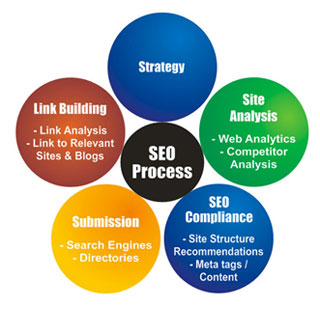 No one likes to be left waiting. Everyone is busy these days and the internet, with the enormous number of websites and information available at the click of a mouse (or movement of a finger!) is the most time-critical of all. Ten years ago, before we all had broadband, it was normal to wait a few seconds for pages to load. But now we can download movies and songs in seconds, we expect websites to load almost instantaneously. It is well known that if pages load slowly users have a worse experience and are more likely to move onto sites that load more quickly. Google actually conducted an experiment to try to quantify the effect, the results can be found here. Google has also indicated that site speed may be an important factor in organic search rankings. Okay, it’s not as critical as having relevant and topical content or frequently updated content, but it is a factor.
No one likes to be left waiting. Everyone is busy these days and the internet, with the enormous number of websites and information available at the click of a mouse (or movement of a finger!) is the most time-critical of all. Ten years ago, before we all had broadband, it was normal to wait a few seconds for pages to load. But now we can download movies and songs in seconds, we expect websites to load almost instantaneously. It is well known that if pages load slowly users have a worse experience and are more likely to move onto sites that load more quickly. Google actually conducted an experiment to try to quantify the effect, the results can be found here. Google has also indicated that site speed may be an important factor in organic search rankings. Okay, it’s not as critical as having relevant and topical content or frequently updated content, but it is a factor.
The Google Caffeine update first started to consider page load time as a factor for organic search rankings and there are now many tools available to allow you to measure your page load time, such as Google webmaster tools or web page analyser. So what factors will impact the load time?
1 – Large images that are not optimised for the web
2 – Excessive use of background images in website design. Good practice now is to use css3 and html5 to create gradients, rounded corners etc within the browser.
3 – Poor coding standards – for example numerous database queries or browser load requests.
4 – Low quality shared hosting – many large hosting companies overload their servers, leading to slow response times and therefore slow page loads.
So if your website is loading slowly ask us or another web professional to review the situation for you. You could be losing business!
httpv://youtu.be/UbaU-p2UnkA

